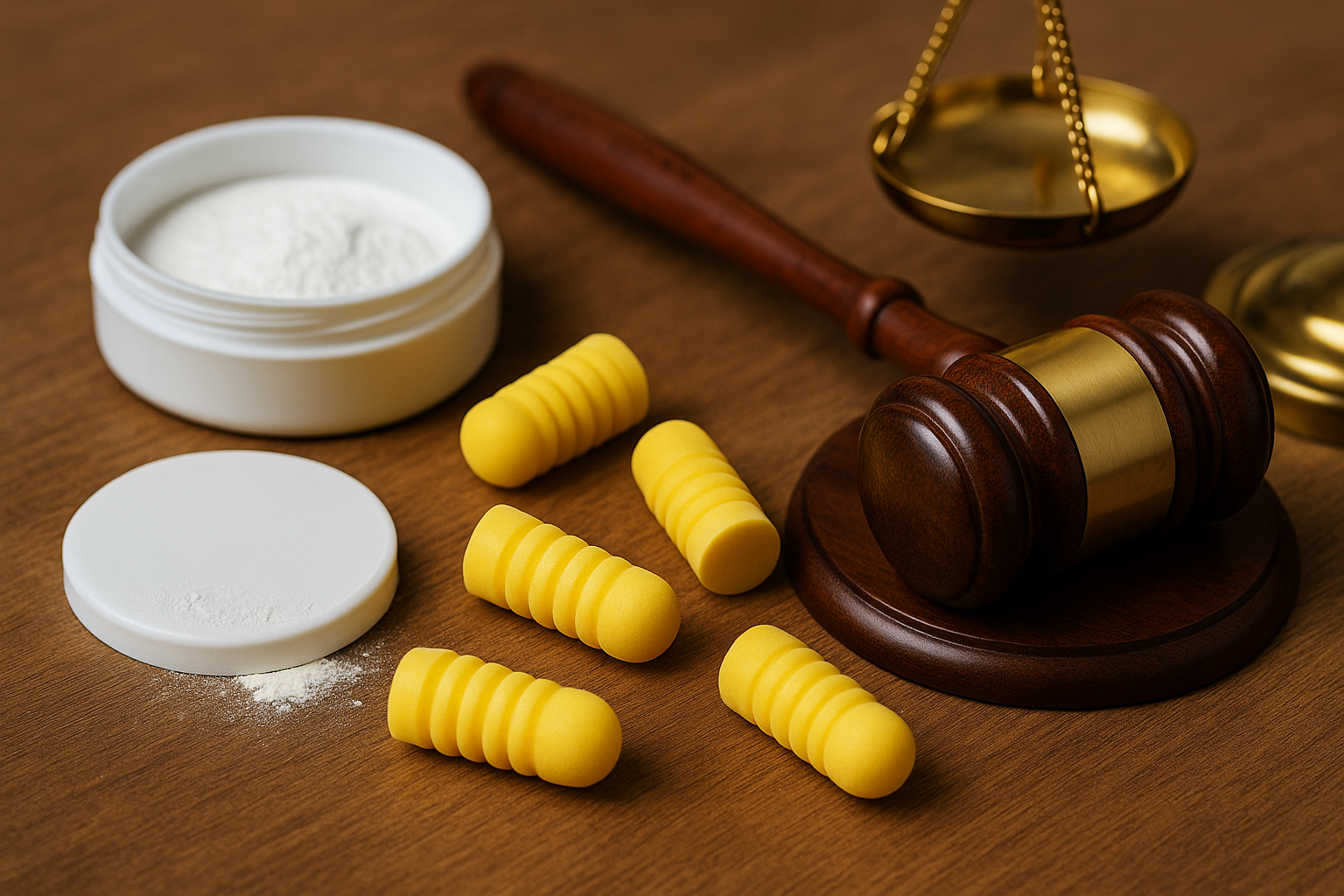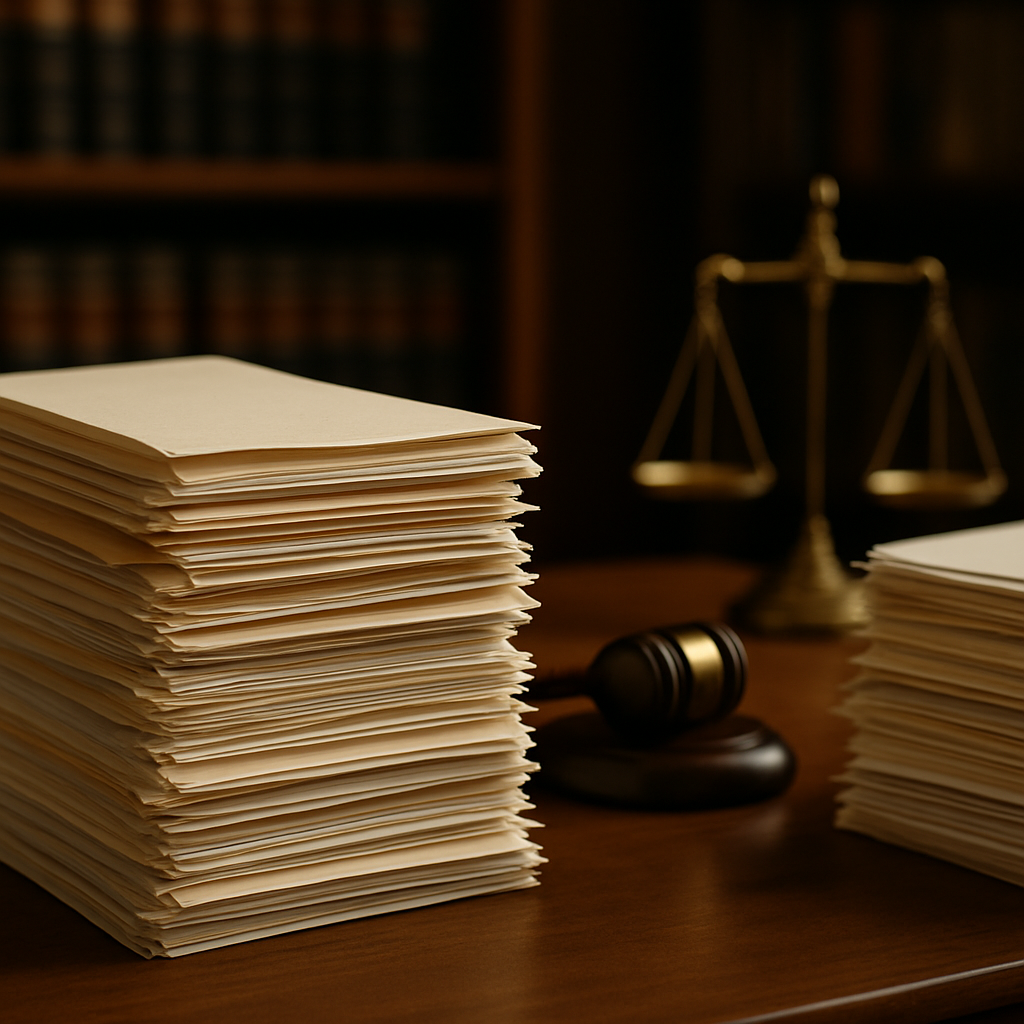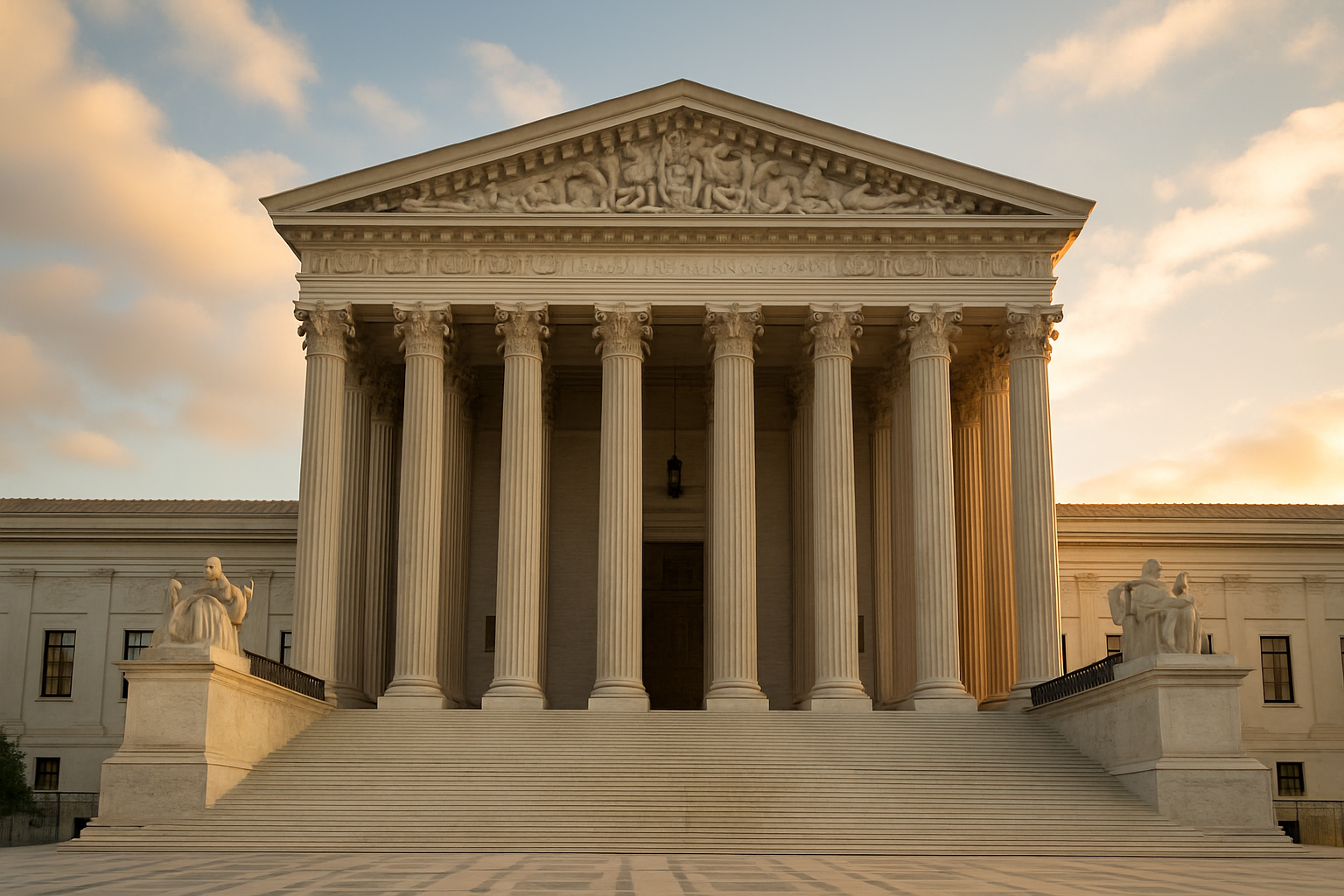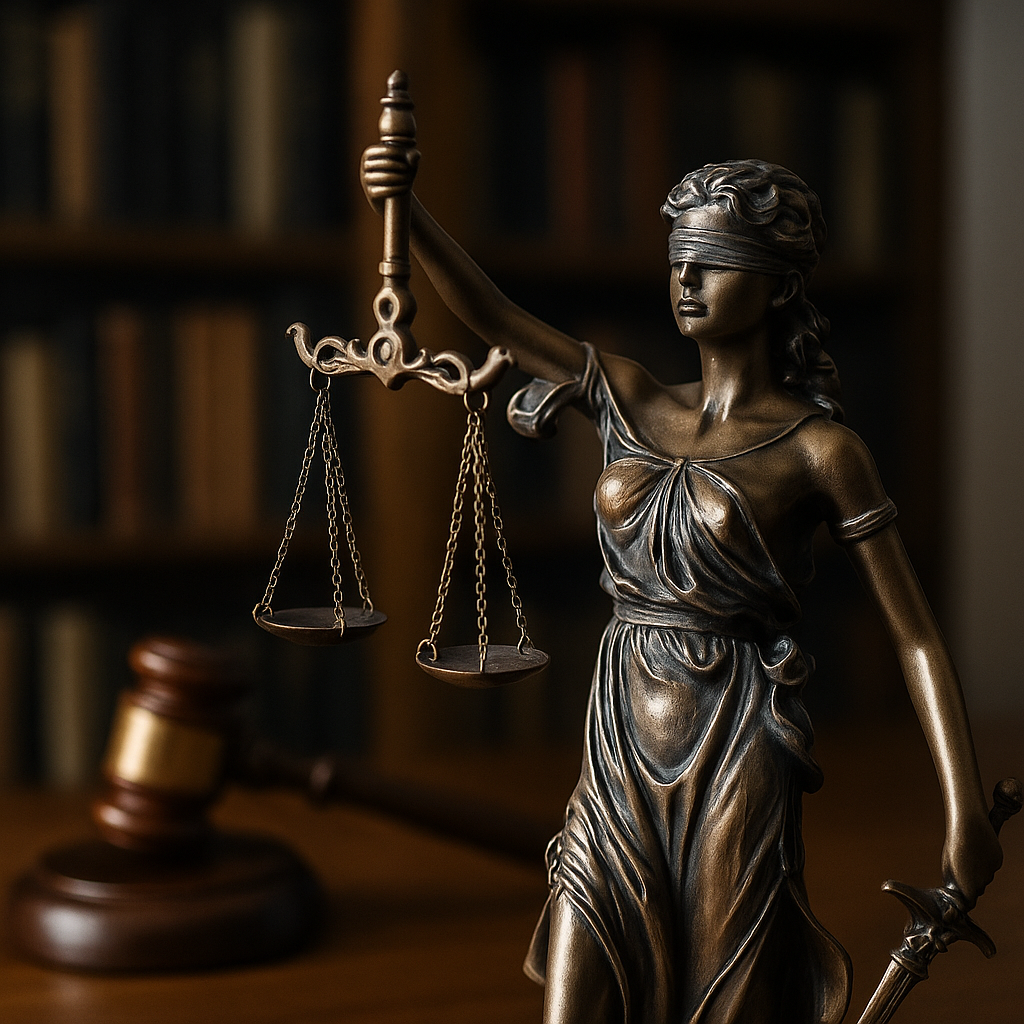Mass Tort Spotlight: Talcum Powder, 3M Earplugs, and Active MDLs in 2025
Mass tort litigation continues to dominate the landscape in 2025. Among the most active matters are cases involving talcum powder, 3M earplugs, and other multidistrict litigations (MDLs). These aggregated lawsuits show how victims across the country band together to challenge corporate wrongdoing when failure affects many people at once.
Why are MDLs so powerful? They bring dozens, hundreds, or even thousands of individual claims under a single procedural umbrella. That means shared discovery, coordinated expert testimony, and consistent rulings on legal issues. Victims in separate states benefit from streamlined legal work and increased leverage against large corporations.
Talcum powder litigation has persisted for years. Plaintiffs argue that long-term use of talc-based products, such as baby powder and body cosmetics, led to ovarian cancer or mesothelioma. Despite denials from manufacturers, verdict after verdict has shown that juries are increasingly receptive to claims of cancer risk tied to talc exposure.
Then there are lawsuits over 3M earplugs used by military personnel. These cases claim that 3M sold hearing protection devices that remained defective over time and caused hearing loss, tinnitus, and other serious ear injuries. The MDL has advanced past early stages, and many plaintiffs are now entering bellwether trials to help set the tone for outcomes nationwide.
What other MDLs are worth watching? PFAS “forever chemical” exposure, Roundup litigation, and surgical mesh implants remain active. Each brings its own scientific and legal challenges, such as proving causation, dealing with regulatory defenses, and negotiating settlements that fairly address harm across populations.
What do these mass tort trends mean for individual claims? First, victims may find more access to resources that small cases lack. Legal teams can share expert fees and use national data to strengthen causation arguments. Second, settlements may become more common earlier in the process, as defendants face mounting pressure from aggregated claims.
But there are risks. Some mass torts slow down when common legal issues become contested. If court rulings reject a key causation theory, many cases may be dismissed. Also, funds can become diluted when thousands of claimants compete for a limited settlement pool. In those cases, individual cases with strong evidence may do better when carved out from the group.
How should victims and lawyers respond now? If you believe you’ve been harmed by talcum powder, earplugs, or similar products, time matters. Mass torts often operate under strict deadlines. Gathering medical records, preserving evidence, and joining the MDL promptly are essential for inclusion.
Where is this heading next? Expect more mass torts around pharmaceuticals, environmental exposures, and consumer safety. Insurance liabilities and corporate risk models will also shift. Companies may settle early to avoid bellwether verdicts that attract public attention. That could benefit plaintiffs with serious claims.
Mass torts will continue shaping litigation strategy at a national level. For victims, they offer collective strength. But success will depend on timing, evidence, and a lawyer who can navigate both the group case and individual injury.











